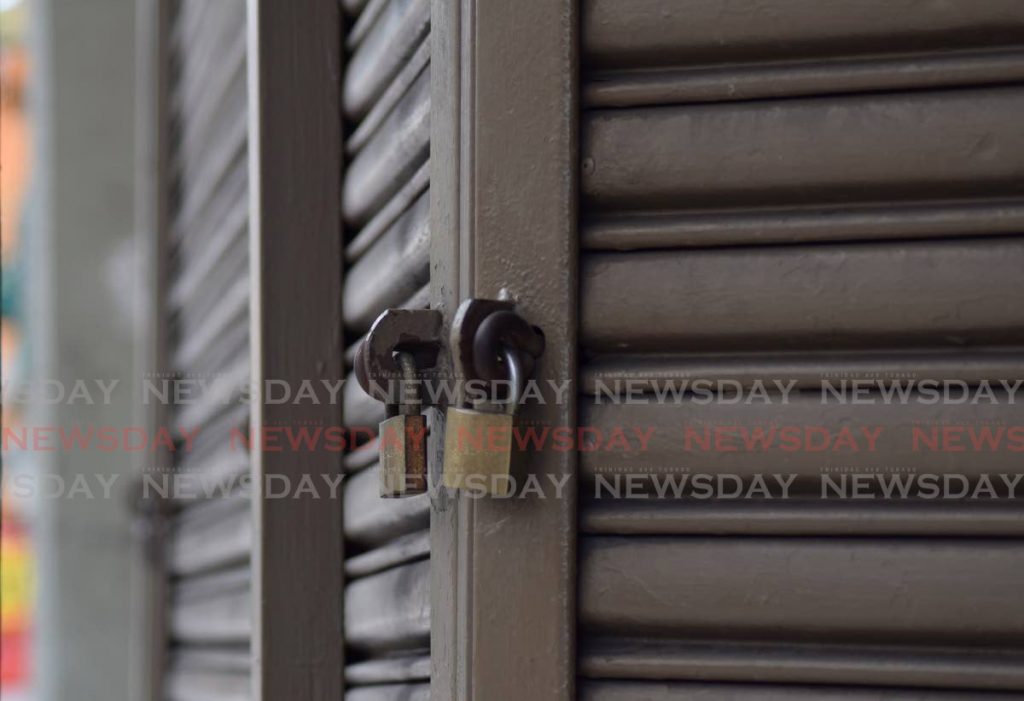What about the middle class?

The State has implemented measures targeting the most vulnerable in society, providing income support, food support and rental assistance – all above and beyond its normal monthly payouts of longstanding grant arrangements.
This support looks set to continue as the lockdown stretches into another fortnight, with the Ministry of Social Development expecting to increase its rate of payment this week.
That’s all well and good, but what about the middle class? What about the small and medium business owners, the professionals who can’t work or have been furloughed, those who encounter obstacles when applying for grants, and the swathes of people who fall into the limbo between “poor” and “rich”?
For sure, there’s not much to go around. According to Finance Minister Colm Imbert, this year’s budget deficit is set to hurtle past the previous projection of $5.3 billion to a whopping $15.5 billion, a stunning figure by any standard, of which $10.2 billion represents spending and lost income due to covid19 alone.
And it is not to say the middle class has been completely forgotten. For instance, some measures work both ways. The rental support being granted benefits landowners as much as it benefits tenants (though the former are more likely to be on good footing). Some measures capture people in the creative industry who, while not earning lucrative sums, would have expected regular income from all of the myriad events, outlets and gigs that have had to be shelved due to covid19.
But it cannot be denied that the longer this lockdown lasts, the more the middle class will deplete their savings. Asking banks to voluntarily go easy on people who can't pay mortgages or loan instalments for a month or two might not be enough to keep people afloat.
That’s a very bad thing for the economy. A weakened middle class stifles economic growth, according to economists. It’s not hard to understand why.
When middle-class families can’t buy goods and services, it’s a blow to all sectors, from top to bottom. And it’s not just a question of demand and supply. A strong middle class is needed to encourage entrepreneurship and innovation.
There are even political implications. An empowered middle class often leads the charge in holding governments to account. Without it, only powerful, wealthy interest groups are left to call the tune. This is worsened by our lack of campaign finance regulation, as well as the long, torturous, cross-generation saga that has seen our public procurement legislation rendered ineffective.
There are valid reasons for extending the lockdown. Premature action could erase gains to date and open the door to a second wave that could cost us more dearly. Many businesses will not be able to afford opening, then having to close again. We’ve got one shot at getting this right.
But how much longer? There’s a clear danger of mass desperation setting in.
Meanwhile, pandemics trigger new eras, according to some.
Without greater protection for the middle class, it may well turn out that covid19’s most damaging legacy will be the deepening of the economic divide. That could cost us all, not just the middle class.


Comments
"What about the middle class?"